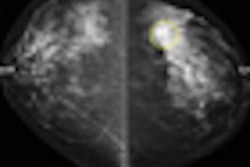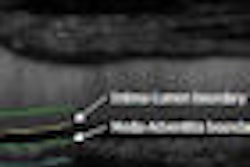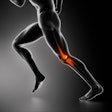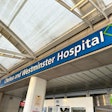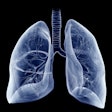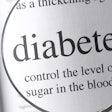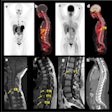
LONDON (Reuters), Oct 27 - A rise in older women becoming pregnant has led to a big jump in Down's syndrome diagnoses in Britain, but fewer babies are born with the condition because more than 90 percent are aborted, researchers said on Tuesday.
Scientists found that diagnoses of Down's syndrome rose by 71 percent between 1989 and 2008, largely due to a sharp rise in the number of women wanting to become mothers later. But the number of babies born with Down's fell by one percent because more women were screened and chose to terminate the pregnancy.
"Dramatic changes in demography have been offset by improved medical technology and have resulted in no substantial changes in the birth prevalence of this quite disabling condition," the researchers wrote in the study in the British Medical Journal.
The risk of having a baby with Down's syndrome -- which occurs when a child has three copies of chromosome 21 instead of the normal two -- increases sharply as women get older. The risk for a 40-year-old mother is 16 times that for one who is 25.
The researchers from Barts Hospital in London and The London Medical School said that without prenatal screening and subsequent abortions, the number of Down's syndrome births would have increased by 48 percent between 1989 and 2008 due to parents choosing to start families later.
People with Down's often have common physical features such as almond eyes and shorter limbs, and have learning difficulties as well as a higher risk of congenital heart defects and respiratory illnesses.
The syndrome is usually detected by tests at around 11 weeks of pregnancy involving first an ultrasound to measure the thickness of fluid in the baby's neck and then taking blood from the mother to test for proteins that suggest abnormalities.
The study showed that around 9 out of 10 women (92 percent) with a prenatal diagnosis of Down's syndrome decide to terminate the pregnancy -- a figure that has remained constant despite the more than 70 percent rise in diagnoses.
It also showed that while there has been a stark increase in the proportion of women under 37 opting for Down's screening (from 3 percent to 43 percent), the proportion of older women having a test had stayed constant at around 70 percent.
As more women are having children later in life and a significant proportion of these mothers are deciding against screening, "a large number of births with Down's syndrome are still likely", the researchers said, adding that monitoring numbers of babies born with Down's syndrome was "essential to ensure adequate provision for their needs."
In 2001, British health authorities advised that all pregnant mothers should be offered a test for Down's. The researchers said their study showed a need to find out why 30 percent of older pregnant women still decide not to be tested.
Last Updated: 2009-10-27 10:00:33 -0400 (Reuters Health)
Related Reading
U.K. expert questions routine Down syndrome screening, August 16, 2007
Copyright © 2009 Reuters Limited. All rights reserved. Republication or redistribution of Reuters content, including by framing or similar means, is expressly prohibited without the prior written consent of Reuters. Reuters shall not be liable for any errors or delays in the content, or for any actions taken in reliance thereon. Reuters and the Reuters sphere logo are registered trademarks and trademarks of the Reuters group of companies around the world.




